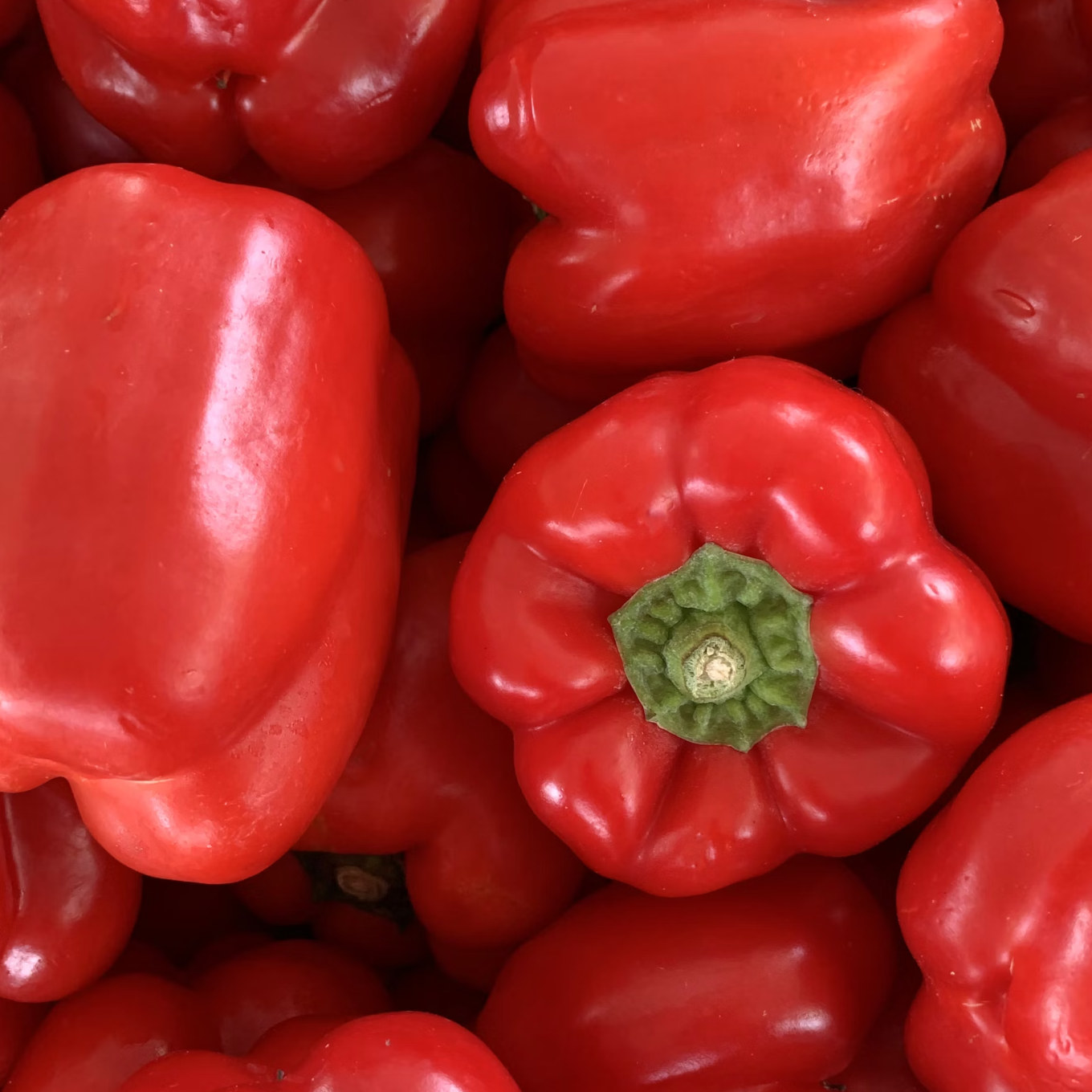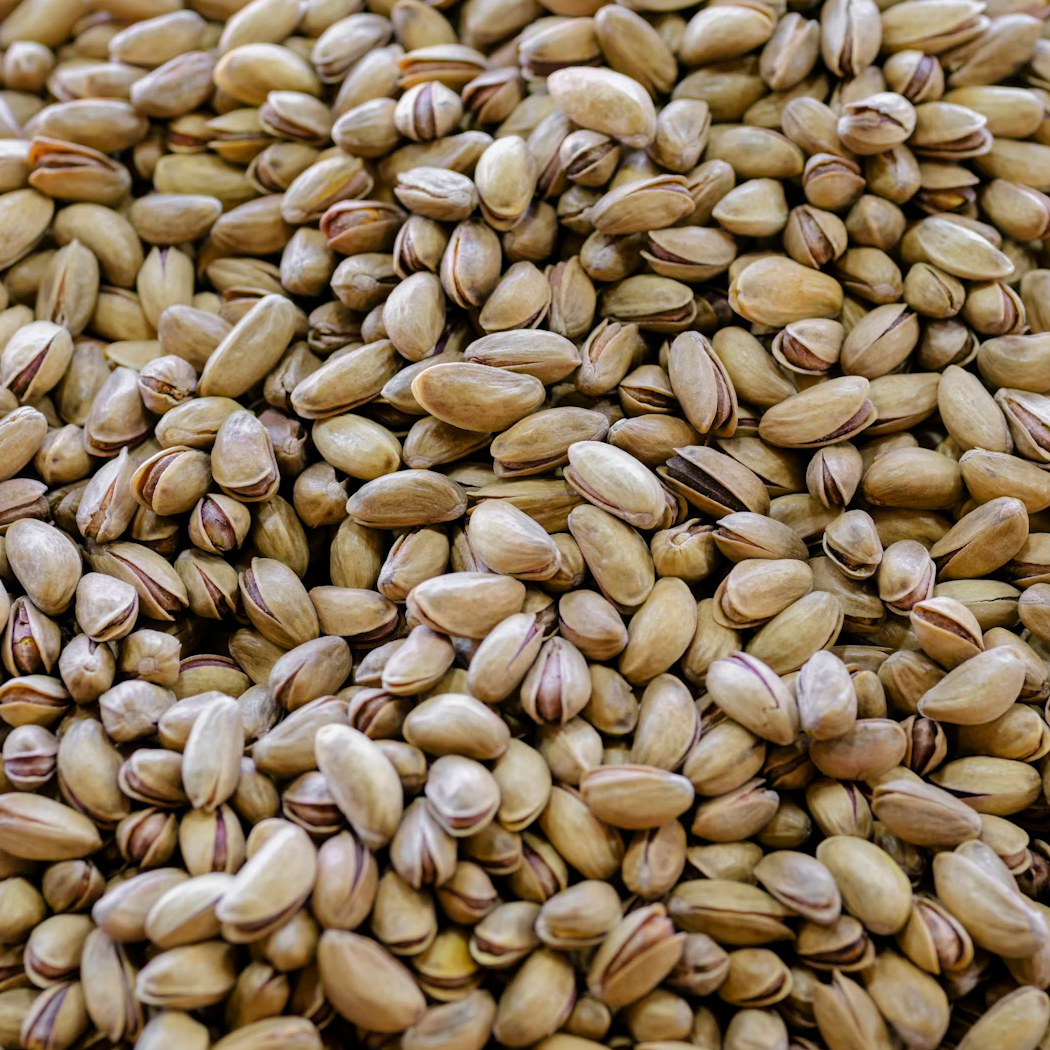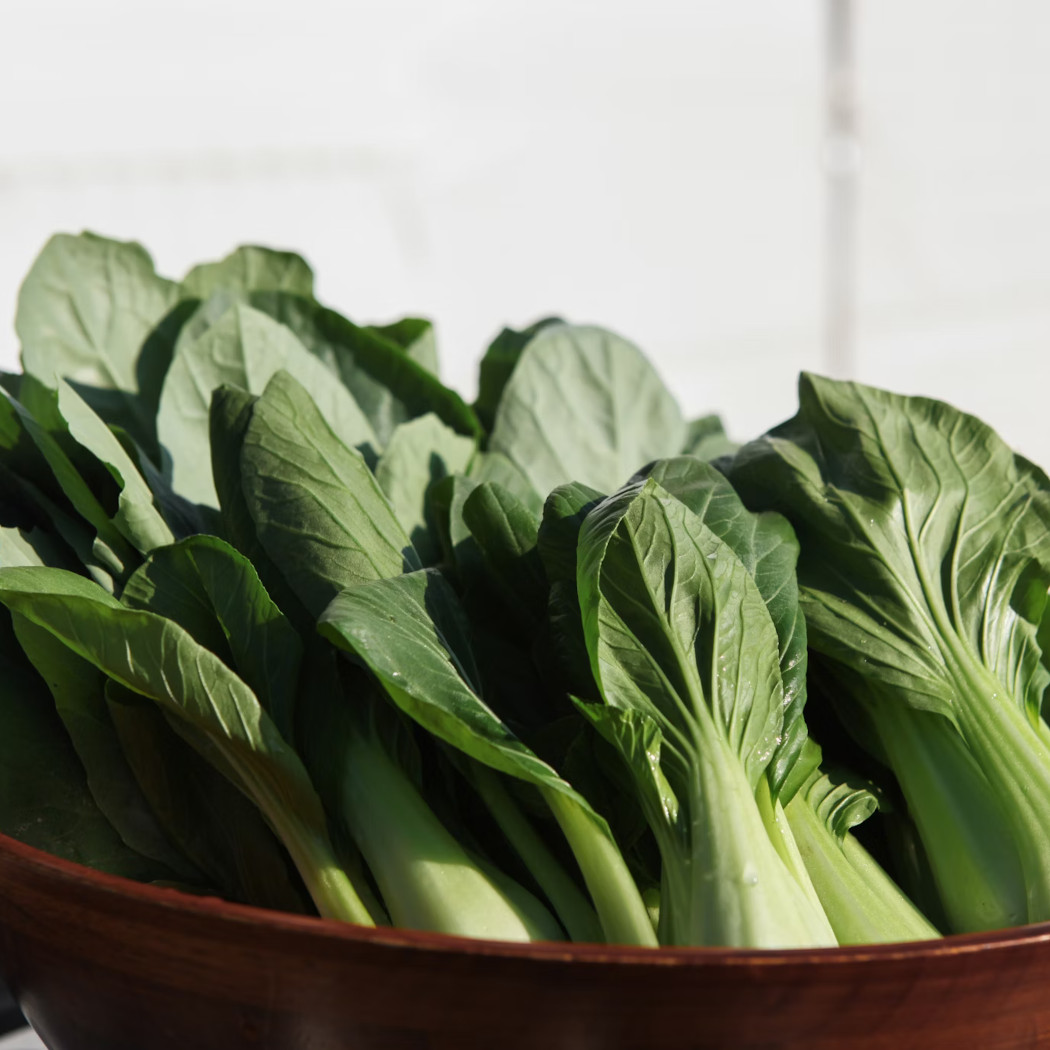
What is Vitamin A and why do we need it?
Vitamin A is a water-soluble vitamin, found naturally in many foods, and is important for normal vision, the immune system, reproduction, and growth and development. Vitamin A also helps your heart, lungs, and other organs work properly. In addition, Vitamin A stimulates the production and activity of white blood cells, helps remodel bones, helps maintain healthy endothelial cells (those lining the body’s interior surfaces), and more.1,2.
Vitamin A can be found naturally in many fruits, or vegetables such as 1,2:
- dark leafy green vegetables
- spinach
- tomatoes
- pumpkin
- red bell pepper
- cantaloupe
- mango
- squash
- carrots
- kale
- broccoli
- apricots
With a plant-based diet, you can increase your intake of vitamin A by including vitamin A-rich fruits, and vegetables in your healthy soups, salads, buddha bowls, and meals.
And, you can up increase your vitamin A intake in your meals and drinks with the following suggestions:
- Breakfasts - fresh mango or cantaloupe a glass of fruit juice
- Lunches - a healthy spinach or broccoli salad or a side of beans
- Dinners - curries or buddha bowls with broccoli or kale over brown rice or quinoa with a side of steamed spinach, or sauteed pumpkin topped with pine nuts
- Snacks - a cup of assorted dried fruit including apricots
- Drinks - a fruit smoothie with mango
In addition, the fruits and vegetables above have even more vitamins and minerals than just vitamin A.
Need more quick ideas on how to increase your vitamin A? Try:
- A glass of tomato juice
- A cup of dehydrated kale chips
- A cup of diced carrots
Garden of Vegan makes it easy to increase your intake of vitamin A-rich foods with our healthy ready-made meals, pantry boxes, sides, and produce boxes.
Garden of Vegan creates healthy meals that include many vitamin A-rich foods in their prepared main meals, breakfast meals, sides, and snacks.
In addition, several pantry items are easy to incorporate into your daily routine that contain vitamin A-rich foods. And, of course, the seasonal produce boxes have vitamin A in the veggie box (such as broccoli, spinach, carrots, tomatoes, and more).
Garden of Vegan's NDIS participants can also increase their vitamin A intake by choosing healthy meals with vitamin A-rich fruits and vegetables.
Eligible NDIS participants can increase their vitamin A intake with healthy meals, sides, desserts, and pantry items delivered. They only pay for the food cost component of the meals they order. NDIS participants and NDIS plan managers can learn more about Garden of Vegan NDIS plans and healthy meal delivery by filling out our NDIS form and we'll contact you as soon as possible.
Garden of Vegan's six meal plans also include many meals with vitamin A-rich fruits and vegetables!
Visit our Meal Plans to Suit your Lifestyle section and select a nutritional meal plan that is high in fruits and vegetables that contain vitamin A, or you can add them separately by adding pantry items!
Learn more about vitamins and nutrition in the Garden of Vegan Vitamin Guide
- Vitamin A
- Vitamin C
- Vitamin D
- Vitamin E
- Vitamin K
- Vitamin B1 (thiamine)
- Vitamin B2 (riboflavin)
- Vitamin B3 (niacin)
- Vitamin B5 (pantothenic acid)
- Vitamin B6 (pyridoxine)
- Vitamin B7 (biotin)
- Vitamin B9 (folate or folic acid)
- Vitamin B12 (cobalamin)
Read more Garden of Vegan nutrition articles
Great Plant-based Sources of Potassium
Great Plant-based Sources of iron
Fibre: What is it and why do I need it?
How Can I Increase My Protein Intake?
Calories, Protein, Carbs, And Fat, What Does It All Mean?
Great Plant-based Sources of Calcium
References:
1. Vitamin A - Harvard T.H. Chan School of Public Health
2. Vitamin A and Carotenoids - National Institutes of Health




